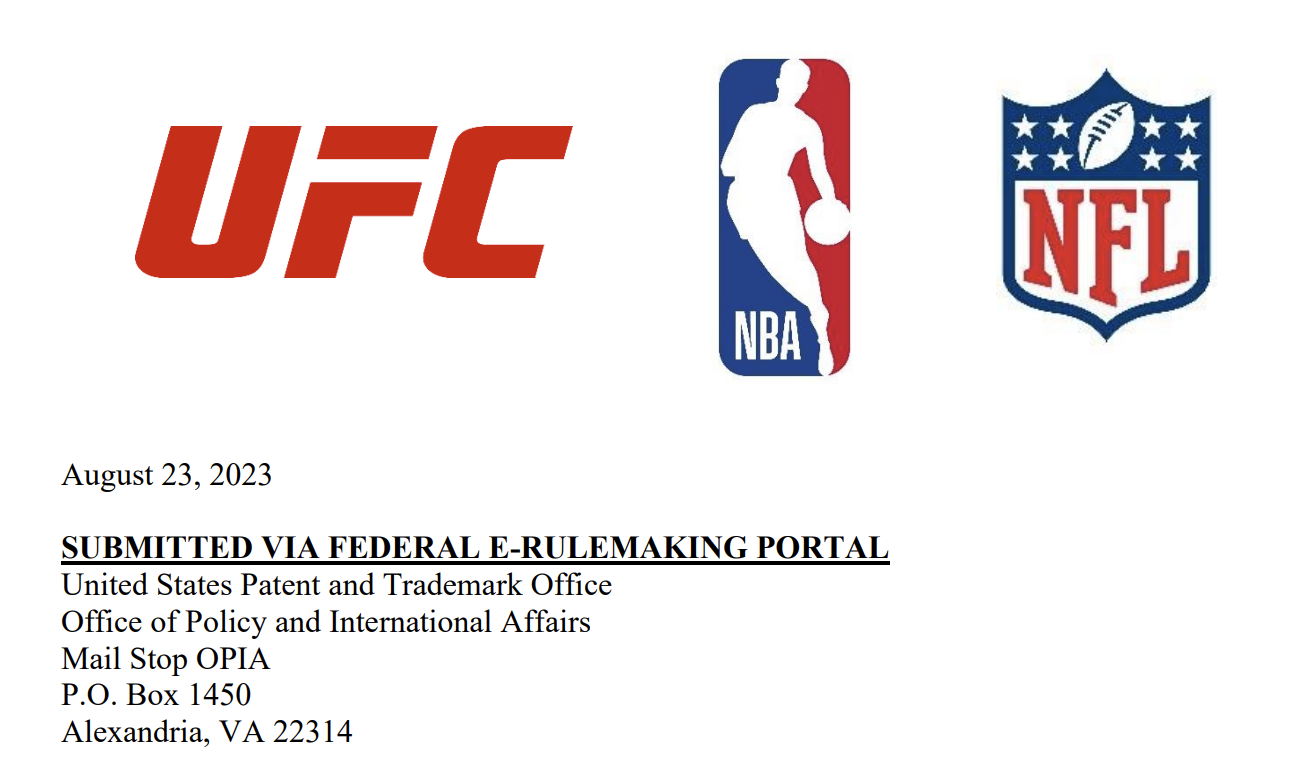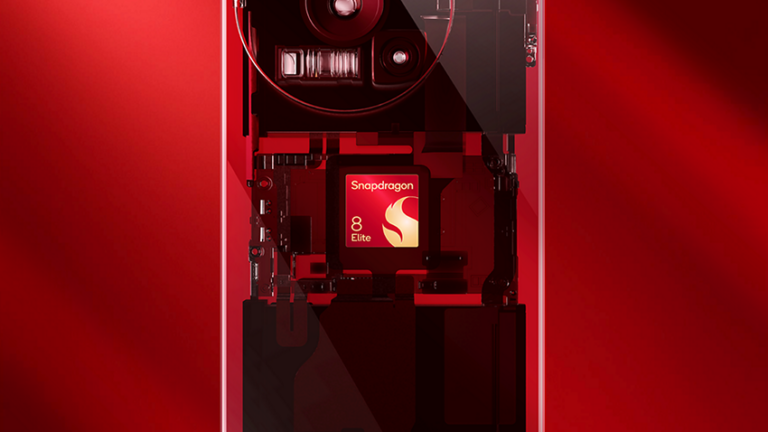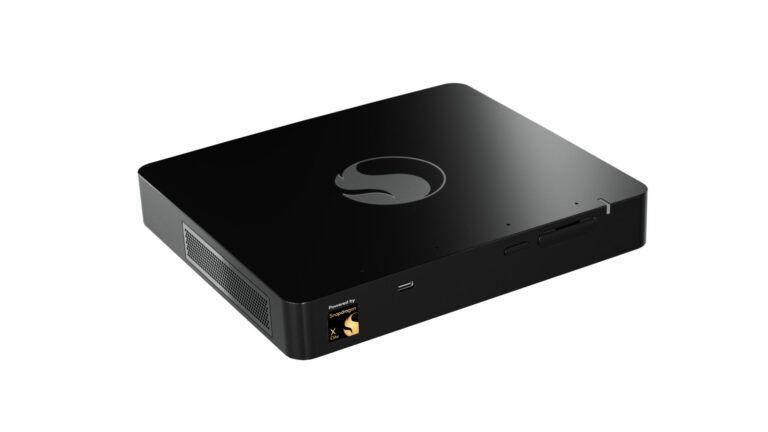For the first time, beloved IDE Jetbrains Rider will be available for free
The integrated development environment (IDE) Rider by Jetbrains is now available for free for the first time ever.
After trialing non-commercial free licenses with other products like RustRover and Aqua, Jetbrains has introduced a similar option for Rider. It also says this is a permanent situation, not a limited-time initiative.
In a blog post announcing the change, Jetbrains’ Ekaterina Ryabukha acknowledges that there are numerous cases where people use an IDE without any commercial intent—for example, hobbyists, open source developers, and educators or students. She also cites a Stack Overflow survey that 68 percent of professional developers “code outside of work as a hobby.”
Rider has always been a bit niche, but it’s often beloved by those who use it. Making it free could greatly expand its user base, and it could also make it more popular in the long run because learners could start with it without having to pay an annual fee, and some learners go pro.
It’s also good news for some macOS developers, as Microsoft not long ago chose to end support for Visual Studio on that platform. Yes, you can use VS Code, Xcode, or other options, but there were some types of projects that were left in the lurch, especially for developers who don’t find VS Code robust enough for their purposes.
There is one drawback that might matter to some: users working in Rider on the non-commercial free license “cannot opt out of the collection of anonymous usage statistics.”
There are some edge cases that are in a bit of a gray area when it comes to using a free license versus a paid one. Sometimes, projects that start without commercial intent can become commercial later on. Jetbrains simply says that “if your intentions change over time, you’ll need to reassess whether you still qualify for non-commercial use.”
For the first time, beloved IDE Jetbrains Rider will be available for free Read More »













